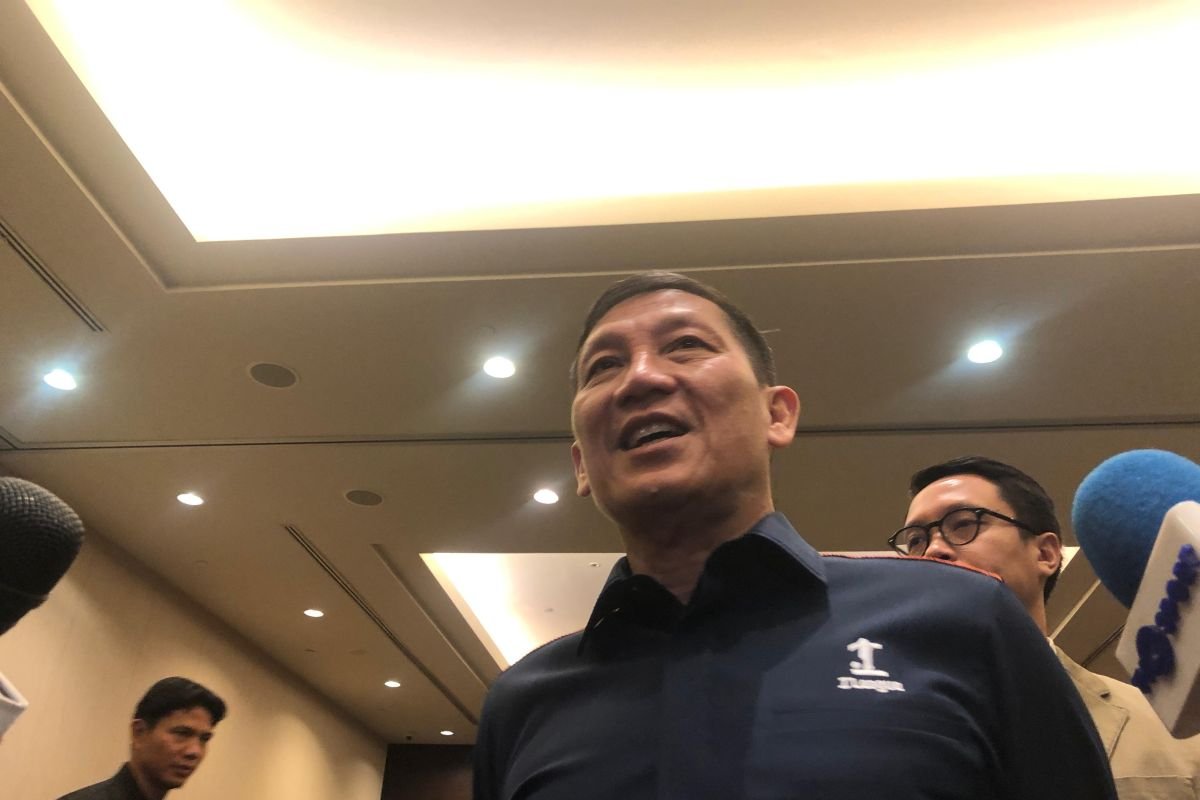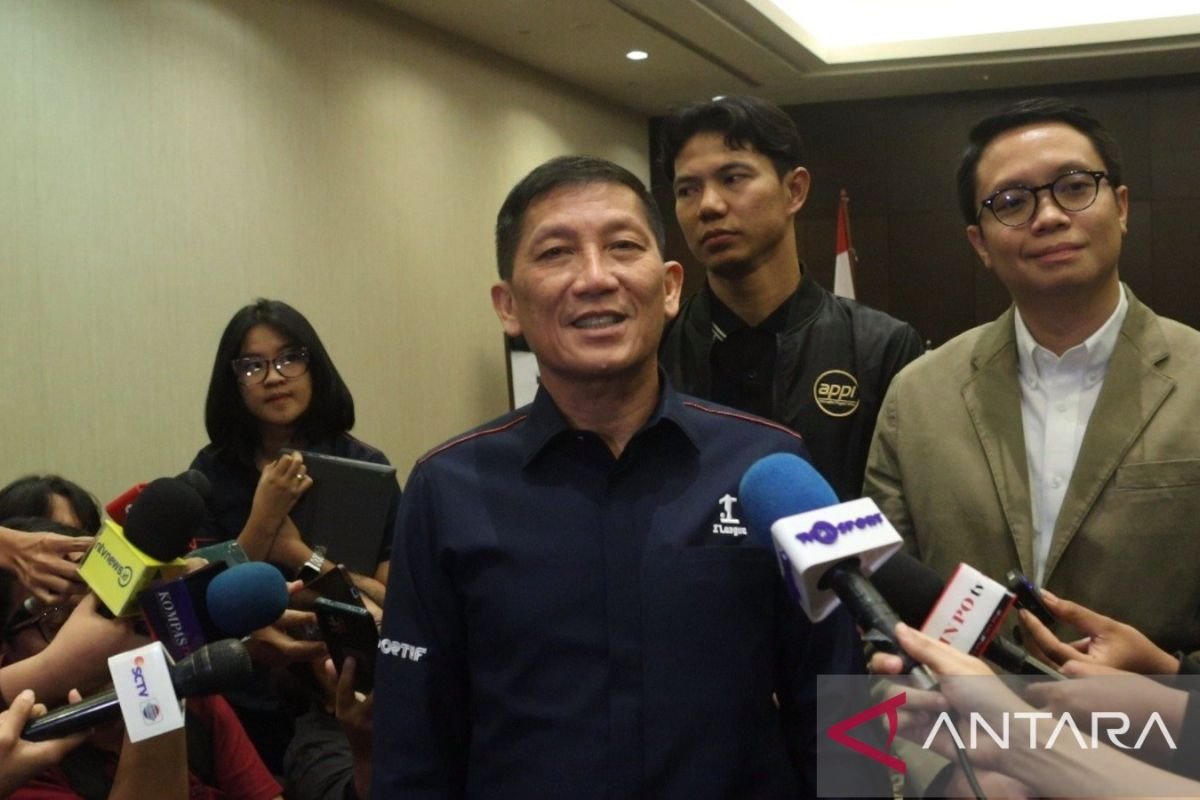President Prabowo Subianto Inaugurates 17 FIFA-Standard Stadiums in Indonesia: A New Era for Sports and Infrastructure
In a landmark move for Indonesia’s sports infrastructure, President Prabowo Subianto recently inaugurated 17 new stadiums, all built to FIFA standards, signaling a significant step forward for the country’s ambitions in hosting international sporting events and promoting a vibrant sports culture. This initiative not only aims to elevate the country’s status on the global sporting map but also seeks to inspire a new generation of athletes and sports enthusiasts.
A Vision for Sports Development
The inauguration event, held at one of the newly constructed stadiums, drew a crowd of sports officials, athletes, and local dignitaries, all eager to witness the unveiling of facilities that could potentially transform Indonesia’s sporting landscape. President Subianto, in his speech, emphasized the importance of investing in sports as a means of fostering national pride, improving public health, and enhancing community cohesion.
“These stadiums are not just venues for games; they are symbols of our commitment to nurturing talent and fostering a love for sports among our youth,” President Subianto remarked. The vision includes a comprehensive development plan that integrates athletics with education and community involvement, highlighting sports as a driving force for both individual and national growth.
Elevated Standards and Facilities
The 17 stadiums, strategically located across various provinces, are equipped with modern facilities that meet the requirements set forth by FIFA. This includes advanced turf technology, training amenities, spectator seating, and amenities for athletes and officials. The project reflects a substantial investment by the government aimed at ensuring that Indonesia is well-prepared to host international tournaments, including the possibility of future World Cup events or regional competitions like the AFF Championship.
By adhering to FIFA standards, Indonesia is positioning itself not only as a potential host for significant international events but also as a destination for training camps and sports tourism. The development of these facilities is expected to boost local economies, create jobs, and promote tourism to the regions where the stadiums are located.
Youth Engagement and Grassroots Development
An essential component of this stadium initiative is the focus on youth engagement. Local governments are encouraged to develop community programs that utilize the new stadiums for training and educational purposes. Schools and sports clubs are expected to benefit from greater access to top-tier facilities, allowing talented young athletes to develop their skills in environments that are often unavailable at the grassroots level.
The government plans to implement coaching programs and talent identification initiatives designed to discover and nurture future sports stars. By building a strong foundation at the grassroots level, Indonesia hopes to reinvigorate its path to success in various sports on both regional and international stages.
Building a Legacy
As Indonesia embarks on this ambitious journey, the inauguration of the 17 FIFA-standard stadiums marks not just the completion of a construction project, but the beginning of a cultural shift towards greater sports participation. The ambition to host international sporting events will require ongoing commitment, and President Subianto’s administration is keen on ensuring sustainability in the use of these facilities.
In conclusion, the inauguration of the 17 FIFA-standard stadiums under President Prabowo Subianto’s leadership highlights Indonesia’s commitment to enhancing its sports infrastructure and promoting a culture of athleticism. These venues are set to become hubs of activity, bringing together communities, inspiring young athletes, and paving the way for Indonesia to shine on the global sports stage. As development continues, the real challenge will be to sustain this momentum and cultivate talent that can compete internationally, creating a legacy that extends far beyond the walls of these new stadiums.









